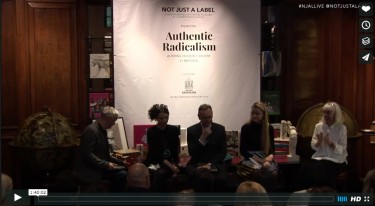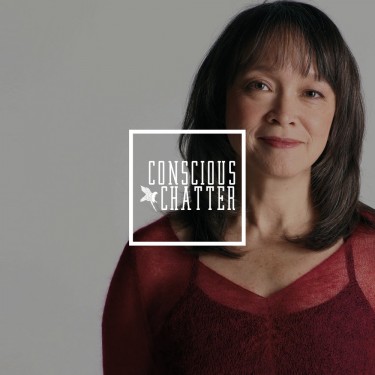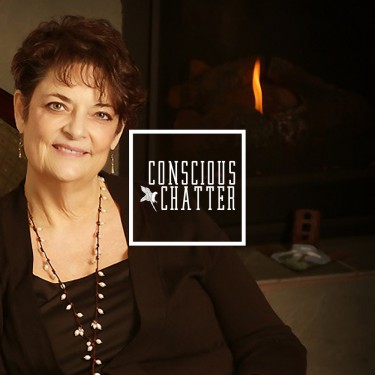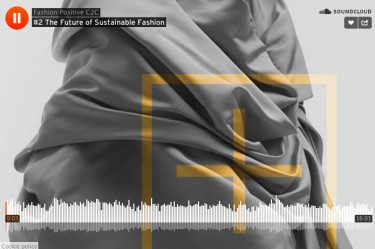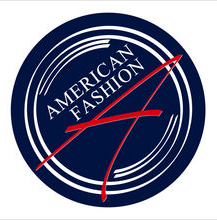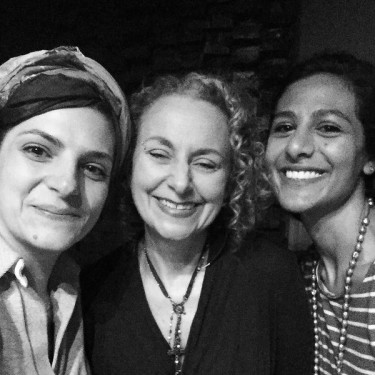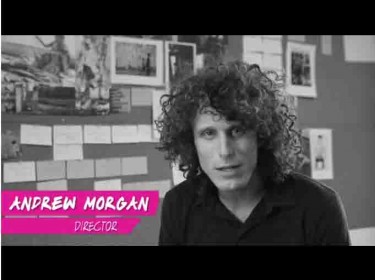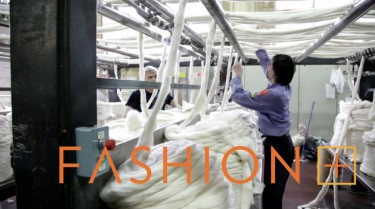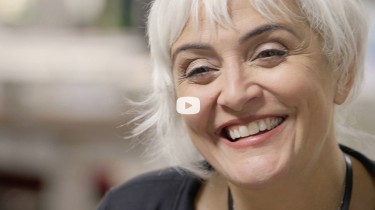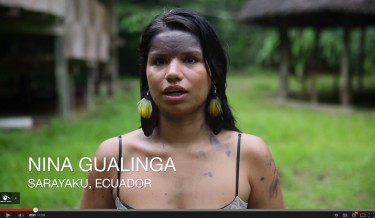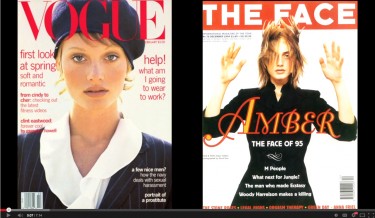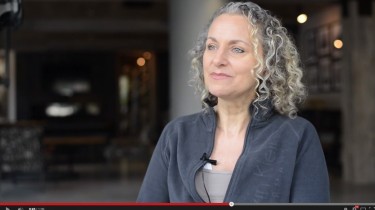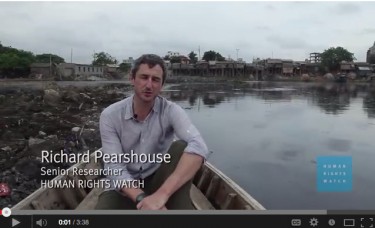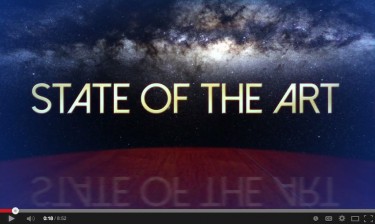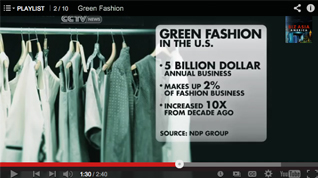Featured Event – the Summer Institute
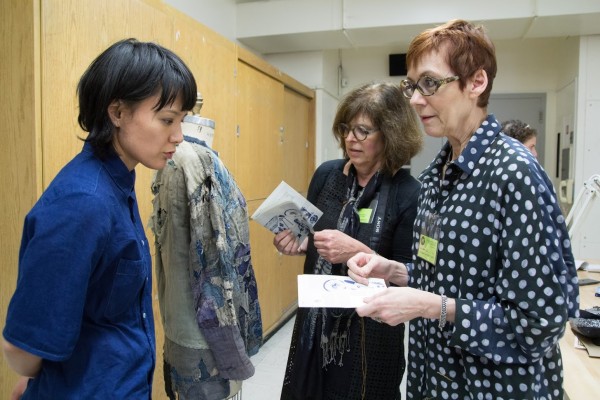
I sometimes struggle with how to write about the work I’m involved in, often because it is in great part due to the efforts of others. The vast majority of my writing is about the work of others, and it’s just so much easier to trumpet their accomplishments. The Summer Institute: Sustainability and Textiles is one of those projects I find difficult to articulate, because of my personal involvement, but bloody hell, what a week! The intent behind the conference is to bring together a broad spectrum of stakeholders to talk about sustainability in fashion and textiles in an intimate and supportive environment. I struggle with the word conference, whether it’s really the right one to describe what we do, it sounds so formal and official.
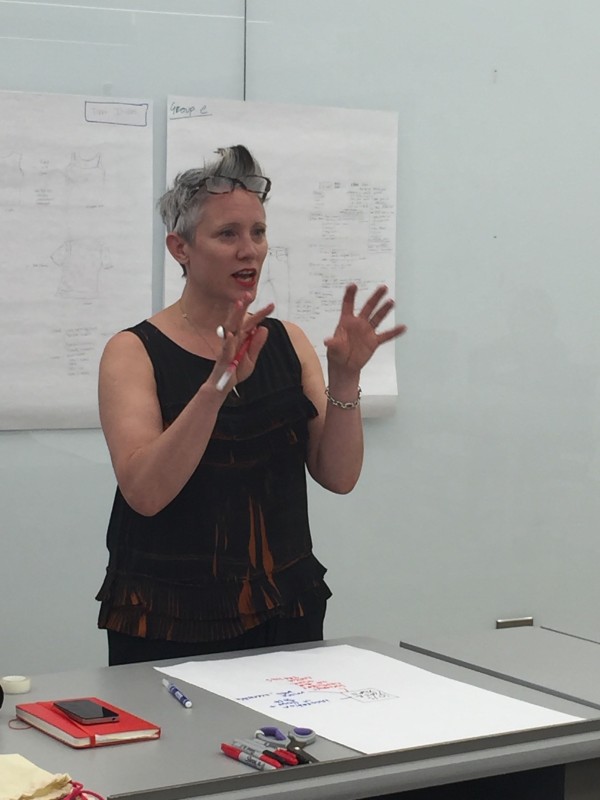
The hope behind the conference is to have a disarmingly authentic series of talks and panels from the maker to the corporate perspective. I have long believed that the future viability of sustainable fashion will rely on the diversity and breadth of this conversation, not as polarized opposites but as committed individuals, educators, brands, corporations, makers and emerging designers. The old system of how we do business and how we consume is crumbling before our very eyes, and the answer is not a new system to replace the old, but a diversity of systems that are inclusive, dispersed, and democratic. That is what we hope to share at this conference.
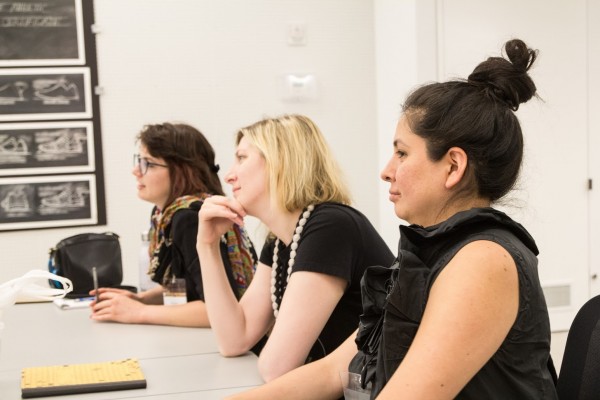
Keeping it small has allowed a certain intimacy and community to grow within the confines of the four-day series, and has resulted in much greater implementation of change from the participants. We all go to great conferences, with terrific speakers, and then return to our busy lives only for that file folder of information to be buried under our business as usual workload. We like to think that our conference doesn’t just inspire change, but changes mindsets. And we’ve seen it in those we keep in touch with from previous conferences, and the changes they have implemented in their companies, their classes, and their lives. There I believe is the true value of the Summer Institute.
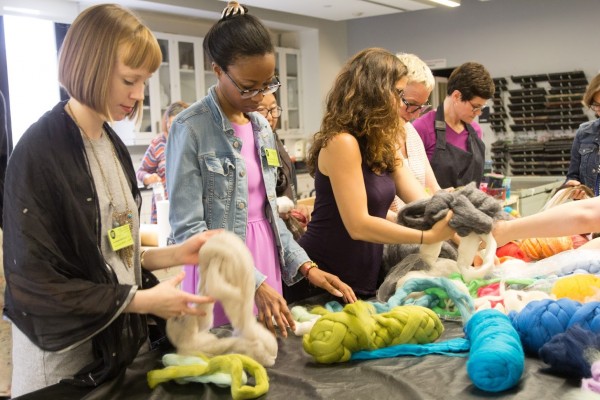
The diversity of speakers, panels and workshops is an outgrowth of the diversity of our little committee that organizes it: myself – a committed ethical fashion activist and writer, mostly in the digital and printed space, Jeffrey Silberman – the Chair of FIT’s Textile Development Marketing program, also the Executive Director of the International Forum for Cotton Promotion, and a true gentleman, Nomi Kleinman – Assistant Chair of the Textile/Surface Design department, and a talented hand weaver who studied in Laos, and Susanne Goetz – a faculty member also in the Textile/Surface Design department, who focuses on both traditional and digital approaches to design and production of textiles, who has coordinated all the printing workshops at the conference. Each one of the team brings something different to the table, and the conference simply wouldn’t be the same without the synergy and commitment this small team collectively brings.
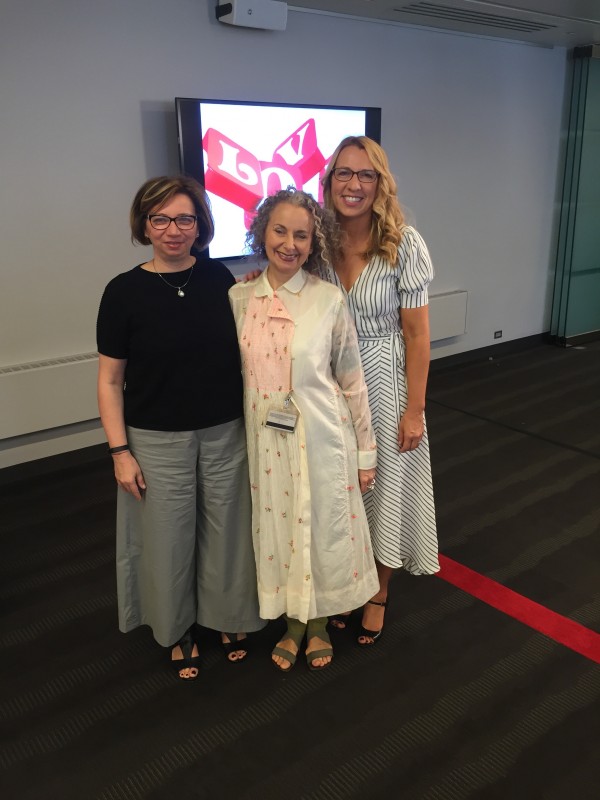
Out of this small group of people, came a panel on Sustainable denim with Kara Nicholas, Vice President of Cone Denim, and founder of Cone Denim’s archive and Design Studio, and Andrew Olah, Chief Executive Officer of Olah Inc., who founded the Kingpins Show, the first denim supply chain trade show. A panel with Suzanne Lee, Creative Director of Modern Meadow, and the founder of Biofabricate, the only conference that brings together design, biology and technology to grow a global community, Amanda Parkes – a fashion technologist, and Chief of Technology and Research at Manufacture New York, and Daniel Grushkin, Co-Founder of Genspace, the world’s first community laboratory in Brooklyn envisioning the future of biotechnology. A panel on the Artisan Economy with Peggy Clark, the Director of the Alliance for Artisan Enterprise that promotes artisan economy world wide as an instrument of change and sustainability, Rebecca van Bergen, the founder of Nest, a nonprofit that leads visibility and viability for women in the global community of artisans and homeworkers, and Matthew Scanlan, the CEO of Naadam Cashmere, a socially conscious luxury cashmere brand that sources from Mongolian herders, and perhaps the single most engaging story teller of the entire conference which he relayed as a series of escapades in Mongolia. A panel on The Hidden Price Tag, with Elizabeth Cline, the author of Overdressed, the Shockingly High Cost of Fast Fashion, the book that first brought to light the social and environmental toll of todays global fashion industry, Maxine Bedat, co-founder of Zady, a popular fashion lifestyle brand creating a transparent supply chain, and Kirsten Brodde, Project Lead on Greenpeace’s DETOX Campaign.
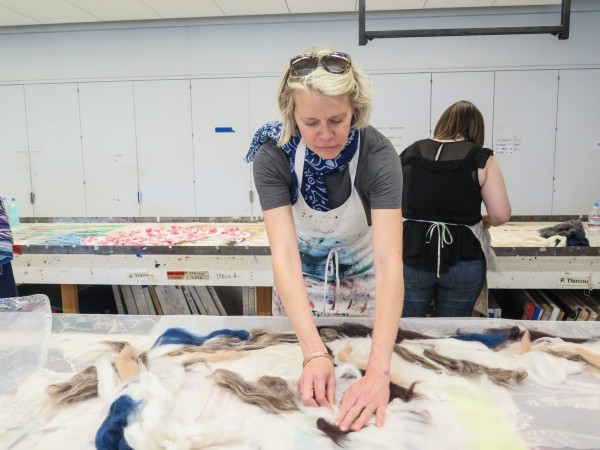
Talk about diversity of ideas, ideals, expressions and visions, we covered it all in 4-days! But there I believe is perhaps the greatest value of this conference, this diversity of opinions, often considered conflicting, presented in a mutually respectful environment, with a view to broaden the conversation on sustainability. This breadth of content and speakers is presented within the intimacy of a small group of industry professionals, educators, designers and makers, creating a community of thought, a safe space to consider, reflect, discuss and question the presenters and the content. And because there is a limit to how much we can digest in a day, we top each morning of speakers off with a whole afternoon of learning through doing with hands on workshops. This year, we offered a natural indigo dye workshop with Rowland Ricketts of Ricketts Indigo in collaboration with Liz Spencer of the Dogwood Dyer, and FIT’s own Ajoy Sarkar, a textile chemist, a Nuno Felting workshop with Sayaka Santone, a pioneer Saori weaver, a Growing Textiles workshop with FIT’s own adorable mad scientists in female form – Professors Sasha Wright and Theanne Schiros, and a workshop on Circular Speeds given by Professor Rebecca Earley, Director of the Textile Futures Research Center that operates across both Chelsea and Central Saint Martins.
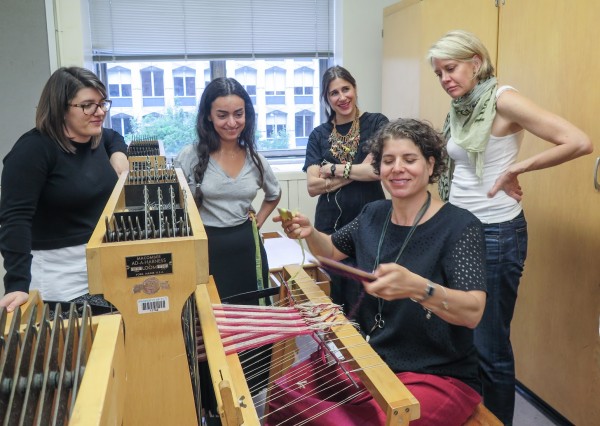
This year for the first time, we topped off the 4-days of talks and workshops with an optional fifth day of site visits. Beginning the day with a mindfulness and reflective breakfast, a group of attendees visited artist, designer Jason Ross of Artemas Quibble in his Brooklyn atelier, where he showed his artisanal handiwork for the likes of Donna Karan and Rick Owens, we visited Manufacture New York to listen to the disarming founder Bob Bland talk about their ambitious plans to spearhead US production capability, then onto the Textile Arts Center in Brooklyn, to hear about their dedication t raising the awareness of textiles through educational programming, and Scott Morrison’s 3X1 combination store/factory to listen to the brands bespoke denim service, finishing up for a lovely conversation and drinks at Nudie Jeans repair store on Bowery with Ruari Mahon, Global Head of Public Relations. All of us exhausted, inspired and raring to put into action the something that came out of the previous four days, and us already planning the Summer Institute 2017!
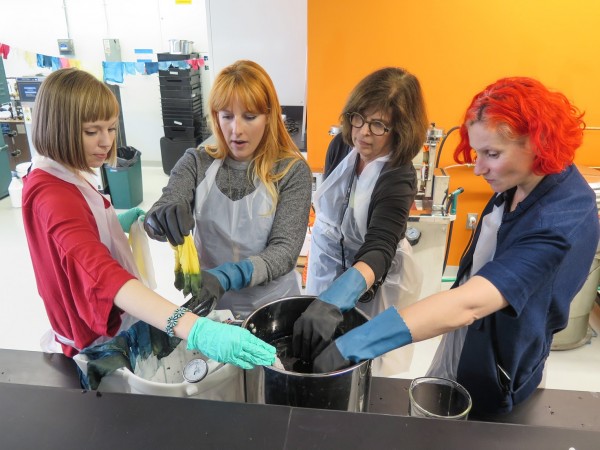
For more on the conference and the presenters visit www.fitnyc.edu/SummerInstitute
